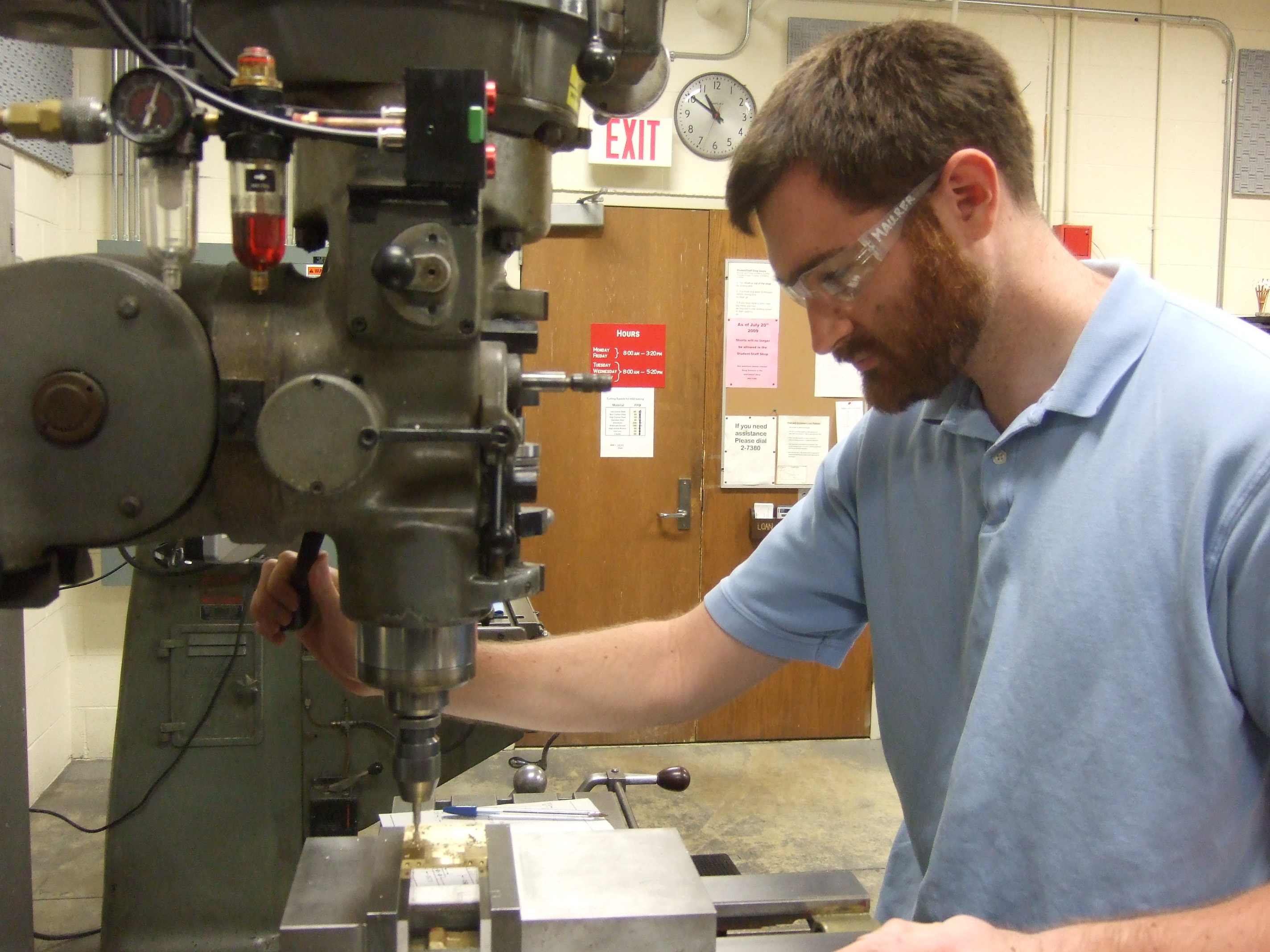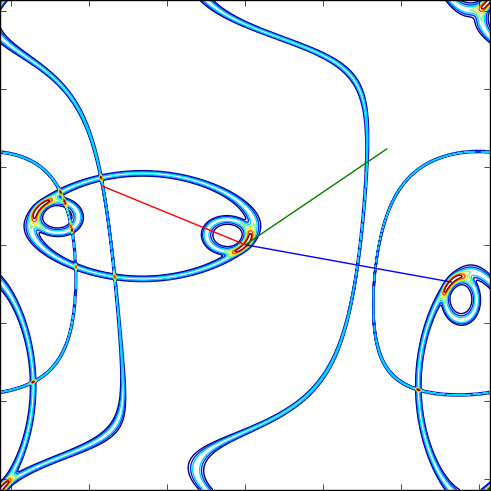Leon Maurer's Website
Skill checklist. I have done the ones in bold.
"A human being should be able to change a diaper, plan an invasion, butcher a hog, conn a ship, design a building, write a sonnet, balance accounts, build a wall, set a bone, comfort the dying, take orders, give orders, cooperate, act alone, solve equations, analyze a new problem, pitch manure, program a computer, cook a tasty meal, fight efficiently, die gallantly. Specialization is for insects."
--Robert Heinlein
About and Contact Info
I am a graduate student in the physics department of the University of Wisconsin-Madison. I work in Irena Knezevic's Nanoelectronics Theory Group where I study phonon thermal transport. Previously, I worked in Robert McDermott's group where I did experimental research with superconducting quantum bits and related devices.
My publications are available on my Google Scholar page.
Below, you can find some of my present and past projects (as well as some other random stuff).
If you want to contact me, the best way is by email.
Stuff hosted here
Electronics projects
- My Key Fob Sized Random Number Generator
- Floating Away with AmForth: a summary of getting started with Forth in general, getting started with AmForth in specific, the simple AmForth development board I designed (an example of rolling your own circuit), and my work developing amforth-float — a floating-point math library for AmForth and an example of Forth’s nearly seamless extensibility. I hope this piques your interest and gets you to explore AmForth.
School/Research related projects
Other
Stuff hosted elsewhere
Personal
- My google+ profile, with more recent information on what I'm up to
Software projects
- aaodds: A combat odds calculator written in Ruby for the revised edition of board game Axis and Allies. There are two versions of the program: an offline program with a graphical user interface made with Tk, and an online version that is used through a web browser. The current version is quite speedy if Ruby/GSL is installed (otherwise, it's somewhat slower). It doesn't implement the submarine/aircraft rule (I'll implement it eventually), but is otherwise complete.
Here's a screenshot of the offline version.
I'm hosting the online version on my server. You can find it here if my server is on (it usually is).
- amforth-float: my project to add floating-point numbers to amforth, a version of the Forth programming language that runs on Atmel's ATmega microcontrollers. It has been included in amforth since version 4.2 (released 9/19/2010). See Floating Away with AmForth for more information.
- Interference Inference Interface: a simple two dimensional electrodyamincs simulation that I used for teaching about interference and diffraction.
- rubymath: a web interface for ruby with a focus on doing math. The goal is to have a web interface like SAGE, but with everything written in ruby. It uses the symbolic library to do symbolic mathematics, and currently supports syntax highlighting and basic 2D plotting. (Example Session -- not interactive)
- StyleTool: This program does a word frequency comparison to perform stylometry on text documents; it's an updated version of my Math 76 project. There is a simple GUI made with tk. It can do principle component analysis (PCA) and plot the results so that clustering can be performed visually (using the squint algorithm). Word frequency data and PCA results can also be saved. The program requires GNU plotutils and Ruby/GSL. (Screenshot)
- Symbolic: A ruby library for symbolic mathematics that I've helped to develop. It provides the backbone for rubymath.
- ThoughtWeb: A web based mind mapping and file organization tool, which includes document search and OCR. It's under slow development.
- Vault-Tec 1337 Hax0ring Tool: Fallout 3 and Fallout: New Vegas are sweet games, but they contain a mini-game for hacking computers, and I was getting sick of solving it with pencil and paper. The gist of it is that you're presented with a list of words, one of which is the correct password. You get four guesses, and after each guess, it tells you how many letters were correct and in the right place. This program suggests words based on expected value calculations -- it find the word that will rule out the most other words on average. It also eliminates words based on Fallout 3's feedback (e.g. if you chose "released" and were told it had 4 letters correct, then "defeated" is no longer an option since it has 5 letters in common with "released").(Screenshot and instructions)
Research related
Other
- My Dad's home page
- The Dartmouth Cycling Web Page -- which I once ran
-
One of the traditions of the UW-Madison Physics Department (supposedly dating to before WWII) is that the 3rd years put on a sketch comedy show in December. The videos from the show I took part in (December 2010) are available here.
The first video on that page is the entire show -- live and prerecorded (with audience reactions). The prerecorded videos are also available separately on that page.
Some of my favorites were:
Here's the timeline for the show (live segments have their own links):
- 00:00:00 - Introduction
- 00:01:20 - Opening credits
- 00:04:45 - 12 years of grad school
- 00:05:46 - Macgruber, MST
- 00:07:42 - Papers on tape/person
- 00:09:12 - World of Workcraft
- 00:15:52 - Scott after his prelim
- 00:17:49 - Live: The Wizard of Madison, Act 1
- 00:24:56 - Memento
- 00:34:26 - Live: Funding or No Funding
- 00:44:32 - Look Around You, the Higgs Boson
- 00:52:01 - GradHarmony
- 00:54:21 - Live: Big Bang Theory
- 00:56:57 - XQuation
- 00:58:41 - Macgruber, String Theory
- 01:01:14 - Physics FPS
- 01:07:49 - Live: Grading Time
- 01:12:19 - Last Will & Testament
- 01:17:43 - Macgruber, IceCube
- 01:19:35 - Papers on DVD/paper
- 01:20:43 - Live: The Wizard of Madison, Act 2
- 01:28:26 - LabView
- 01:30:10 - Live: Text Based Game
- 01:34:19 - 12 years of grad school
- 01:35:22 - Tribute to the second years





